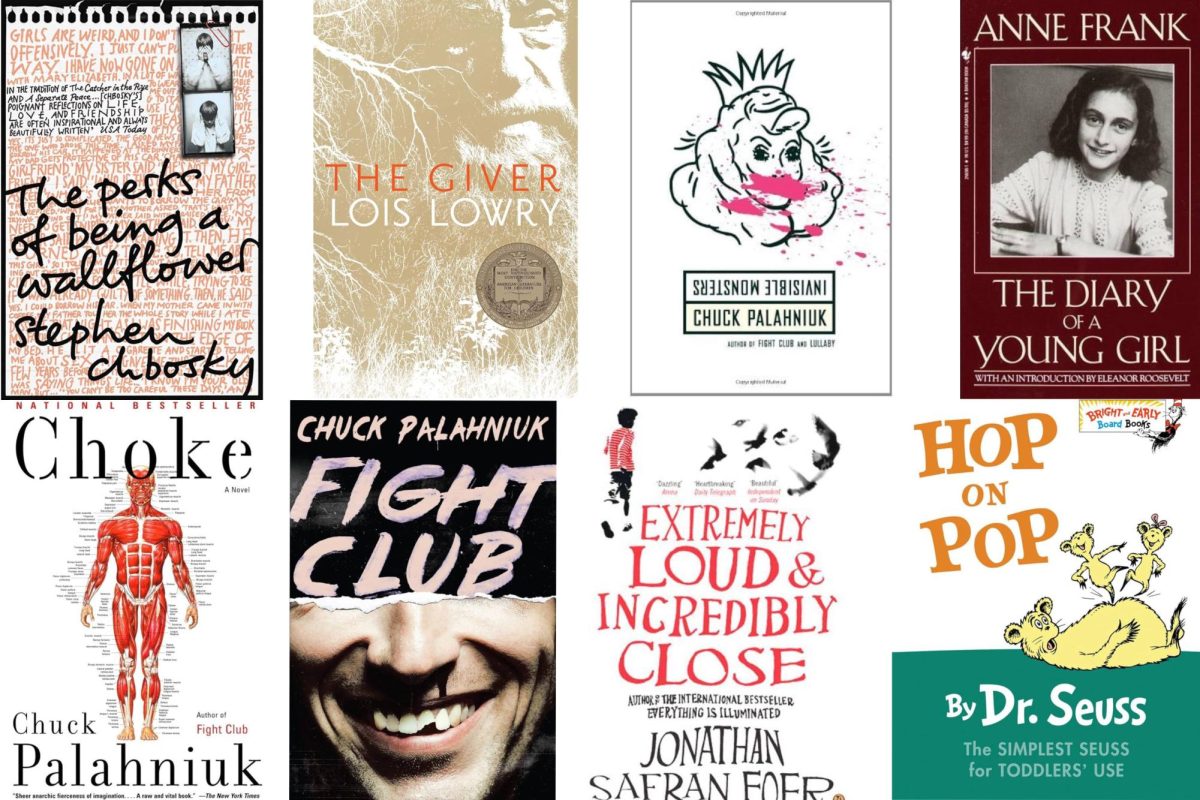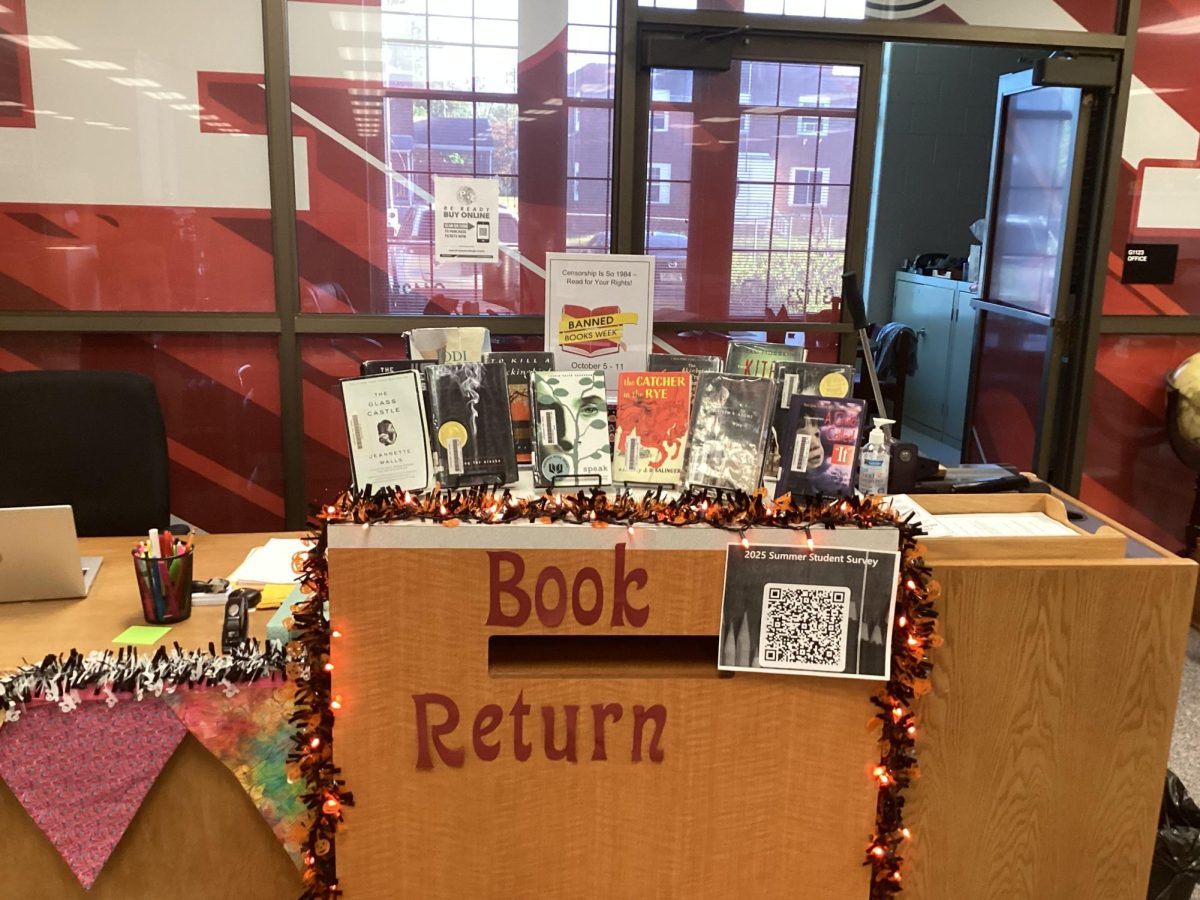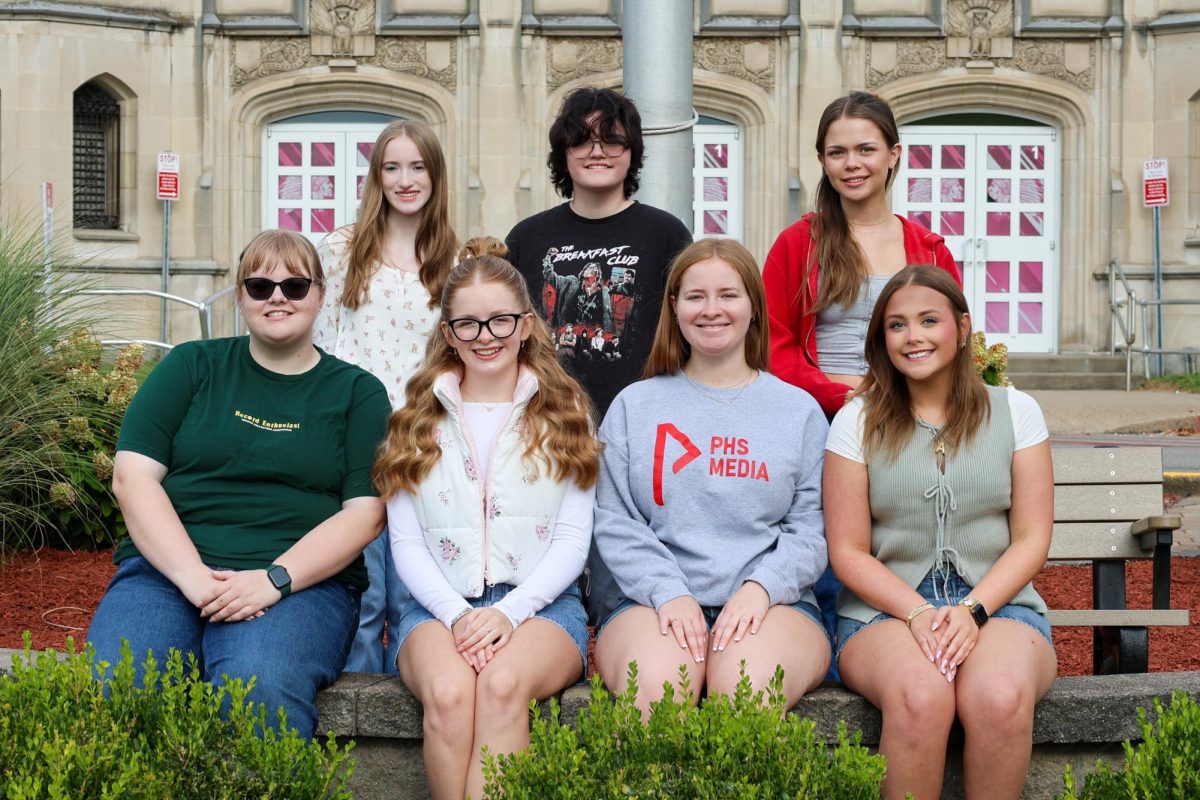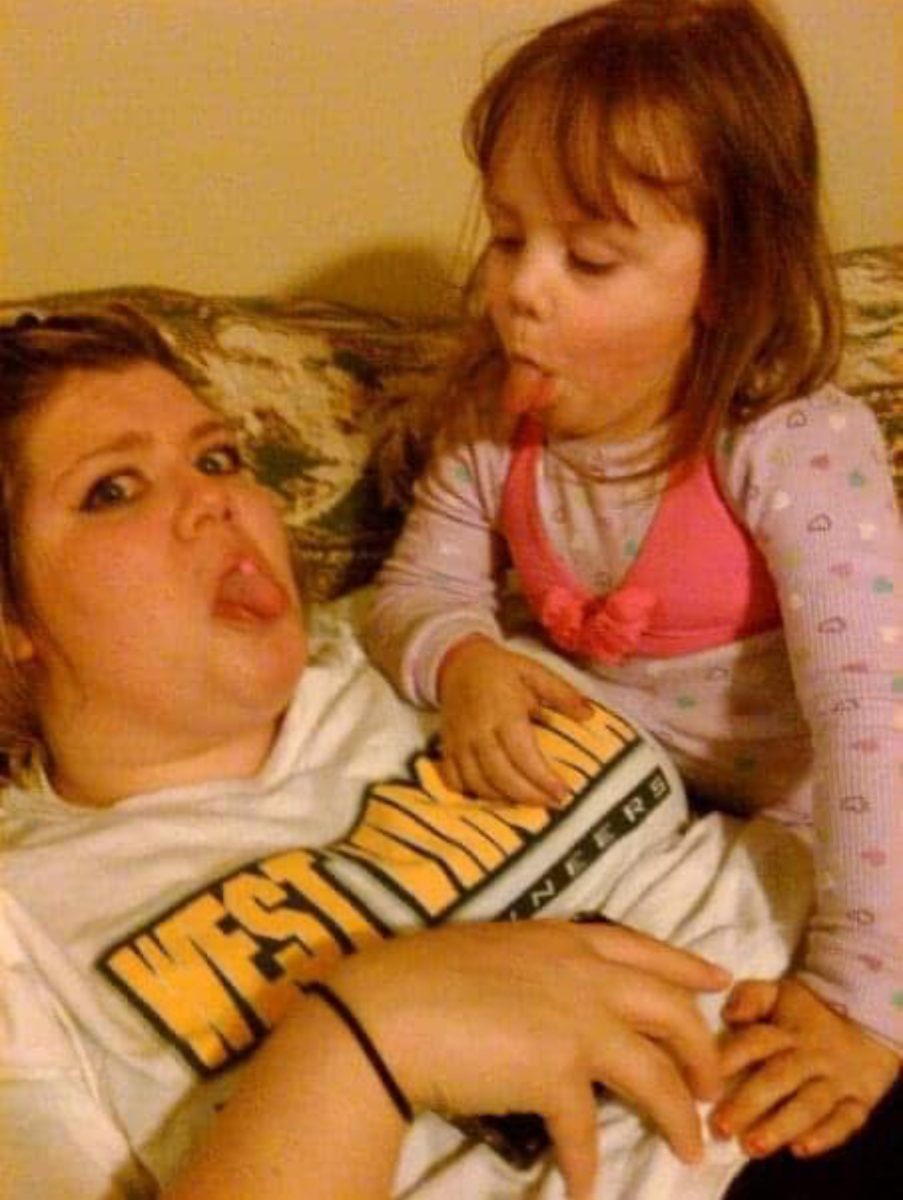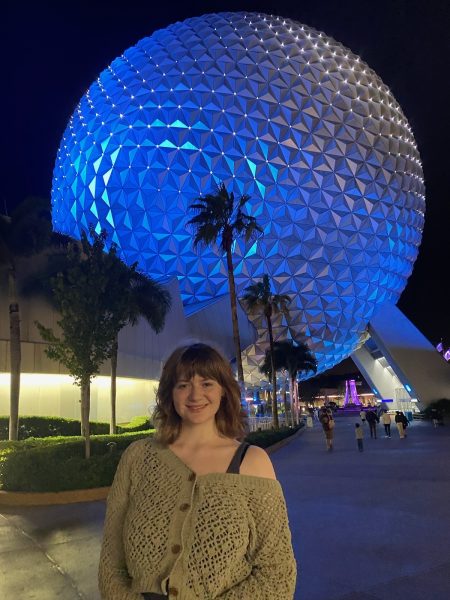Children’s books, history books, and books that critique society. What do these types of books have in common? The answer: many of them have been banned from schools and libraries across the globe.
The term “banned book” confuses people, therefore making them more likely to not read and instead fear them. The act of banning books, also known as book censorship, is when a book is removed from libraries, schools and/or bookstores. In most cases, it does not mean that the book is illegal to own or read. In America, there are no nationally banned books. It’s always communities, school districts or local committees. However, in countries that aren’t as free as America, owning these books can land you in jail or even have you executed.
This is completely unacceptable. Book censorship is the censorship of knowledge and personal expression. Books can be banned or challenged for a multitude of reasons, but typically it’s for containing subjects like racism, homosexuality, sex, and other topics considered taboo. All of these are subjects that everyone on Earth needs to be educated on. I’m not suggesting that we need graphic erotica books in school libraries, but these books should still be available to the general public. It should be a parent’s job to police what books their kids read, not the school district’s.
My absolute favorite banned book is “The Perks of Being a Wallflower” by Stephen Chbosky. The book follows a teenage boy as he recounts his life through the form of letters. In the book, subjects like abuse, homosexuality and sexual content are discussed. Despite how well the book covers those topics, it has been banned in many libraries in America because of them. One of the major things the book discusses is how to recognize abuse and the effects it has on different people. This can be important to anyone abused, especially teenagers, to recognize what they’re experiencing. People who have gone through abuse can find themselves comforted that others went through the same things they do, even if that someone is a fictional character.
Another book that I can’t believe has been challenged and banned is “The Diary of a Young Girl.” This book is the diary of Anne Frank, a Jewish girl who died in the Holocaust. Since this book was her personal diary, Frank discussed the changes in her body as she went through puberty. This was the cause of several parents’ outrage when they discovered this book in classrooms. The diary is a piece of history that is being censored. How can people just accept this? The Holocaust should absolutely be learned about, especially from a primary source. If the world doesn’t learn about the horrors and discrimination of the Holocaust, then it’s doomed to happen again.
Speaking of tragedies that should be covered, “Extremely Loud and Incredibly Close” by Jonathan Safran Foer follows a boy obsessed with finding what his father, who died in 9/11, left behind for him. This book is beautifully written and tragic, but it’s been banned in multiple school districts for containing profanity and sexual content. The book tackles heavy grief and the effect it has on different people, which is something many people can relate to. Since the main character is a young boy, minors especially can realize that they’re not alone in their struggles.
A book doesn’t have to be relatable or sad to not be banned. “Fight Club,” “Choke” and “Invisible Monsters,” all by Chuck Palahniuk, have been banned in every American prison and several schools. While all pretty vulgar books, the taboo things discussed are not endorsed. Sure, these books do not belong in elementary and middle schools because the students are not emotionally mature enough to interpret the book, but high schools and public libraries should still carry them.
Some people that endorse banning books suggest buying books online if someone wants to read them that badly. However, that extremely limits people in poverty that cannot afford to buy books. What do these people have to say for elderly individuals that do not know how to buy a book online? What about homeless people that cannot even afford to buy food? Even average, middle class families don’t have the money to consistently buy books. Don’t these people deserve to read what they’d like?
From “The Giver” by Lois Lowry to “Hop on Pop” by Dr. Seuss, the most random, harmless books are being banned across the country. When children are being murdered in school shootings and abused in all ways, why do school districts put a focus on limiting education and literature? Children will grow up eventually, and they’ll be faced with an unexplained world. In the age of the internet, children are bombarded with unfamiliar people and circumstances. Books can teach everyone about the bad that can happen in life, but it also teaches them that they can overcome and live to the fullest. Books tell children who and what to look out for. They teach that abuse and racism aren’t right, among a multitude of other subjects that parents feel too uncomfortable to teach.

